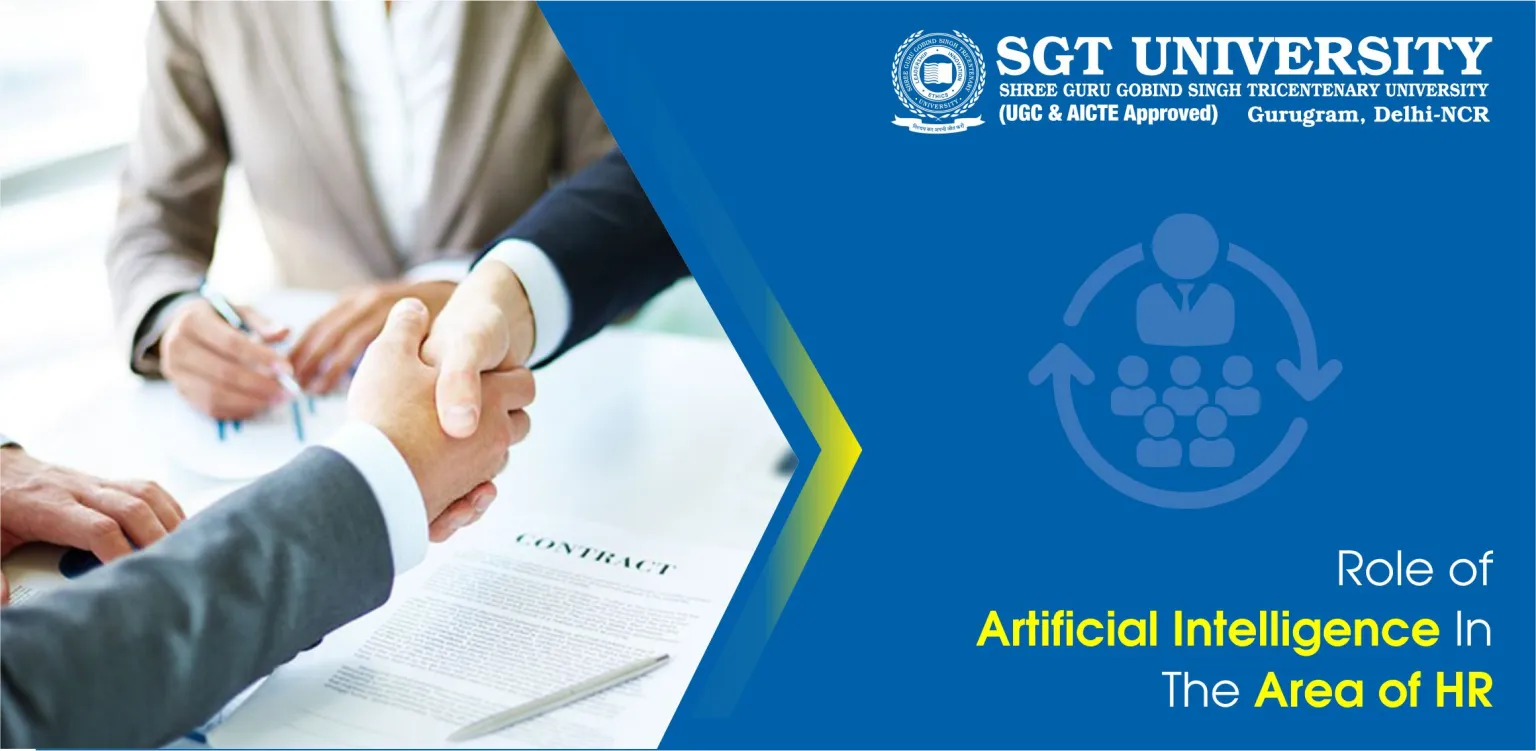Developing an artificial intelligence workforce is a major competitive advantage. Here are a couple of HR trends that business leaders should prepare for:
Upgraded Candidate Experience. In many companies, artificial intelligence is seen in talent acquisition, as this is where companies see immediate results in reducing time to hire, increasing productivity for recruiters, and delivering an enhanced candidate experience that is simple, all at a lowered cost. With the help of artificial intelligence, there will be a massive upgrade within the candidate experience, and this aspect has already been proven true.
Here are two jobs of the future:
AI Trainer: This role ensures that the underlying systems of artificial intelligence can understand how to accurately translate queries and requests into actionable outcomes. They work to anticipate customer and employer intent so that every interaction with A.I. is as smooth and positive of an experience.
Read Also: Future of Education Through a New Spectrum
Head of Business Behavior: This role will allow you to analyze employee behavioral data such as performance data along with data gathered through personal and environmental sensors. The purpose of this role is to create strategies to improve the employee experience.
Top Applications of AI in HR
Among the numerous applications of AI in the human resources sector, some of the first changes HR professionals should expect to see involve recruitment and onboarding, employee experience, process improvement, and the automation of administrative tasks.
- Recruitment and Onboarding
During the recruitment process, AI can be used to the benefit of not only the hiring organization but its job applicants, as well. For example, AI technology can streamline application processes by designing more user-friendly forms that a job applicant is more likely to complete, effectively reducing the number of abandoned applications.
While this approach has made the role of the human resources department in recruitment much easier, artificial intelligence also allows for simpler and more meaningful applications on the candidate’s end, which has been shown to improve application completion rates.
Additionally, AI has played an important role in candidate rediscovery. By maintaining a database of past applicants, AI technology can analyze the existing pool of applicants and identify those that would be a good fit for new roles as they open up. Rather than expending time and resources searching for fresh talent, HR professionals can use this technology to identify qualified employees more quickly and easily than ever before.
Once hiring managers have found the best fit for their open positions, the onboarding process begins. With the help of AI, this process doesn’t have to be restricted to standard business hours—a huge improvement over the onboarding processes of the past.
Instead, AI technology allows new hires to utilize human resources support at any time of day and in any location through the use of chatbots and remote support applications. This change not only provides employees with the ability to go through the onboarding process at their own pace but also reduces the administrative burden and typically results in faster integration.
- Internal Mobility and Employee Retention
In addition to improvements to the recruitment process, HR professionals can also utilize artificial intelligence to boost internal mobility and employee retention.
Through personalized feedback surveys and employee recognition systems, human resources departments can gauge employee engagement and job satisfaction more accurately today than ever before. This is incredibly beneficial considering how important it is to understand the overall needs of employees, however, there are several key organizational benefits to having this information, as well.
Doing so has the potential to significantly reduce talent acquisition costs and bolster employee retention rates.
This technology is not limited to identifying opportunities to promote from within, however; it can also predict who on a team is most likely to quit. Having this knowledge as soon as possible allows HR professionals to deploy retention efforts before it’s too late, which can strategically reduce employee attrition.
- Automation of Administrative Tasks
One of the key benefits of leveraging artificial intelligence in various human resources processes is actually the same as it is in other disciplines and industries: Automating low value, easily repeatable administrative tasks gives HR professionals more time to contribute to strategic planning at the organizational level. This, in turn, enables the HR department to become a strategic business partner within their organizations.
Dr. Aarti Sharma
Assistant Professor
Faculty of Commerce and
Management
SGT University


